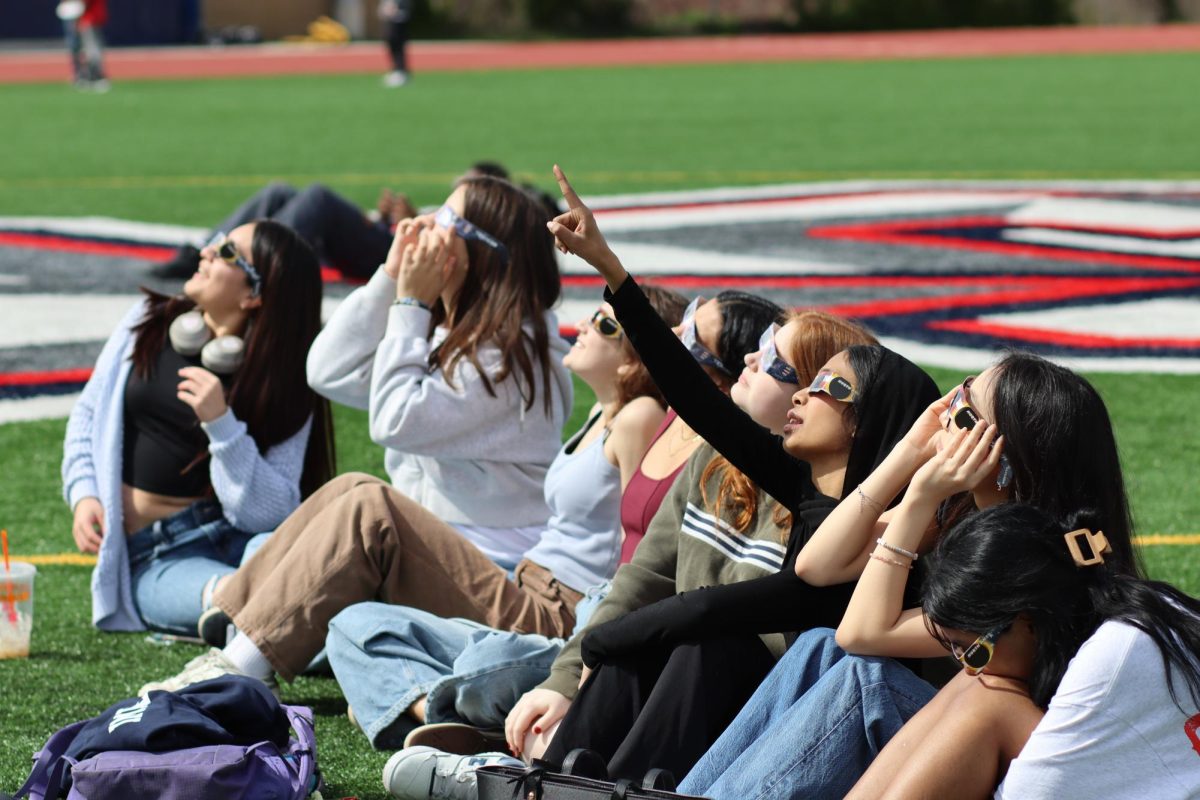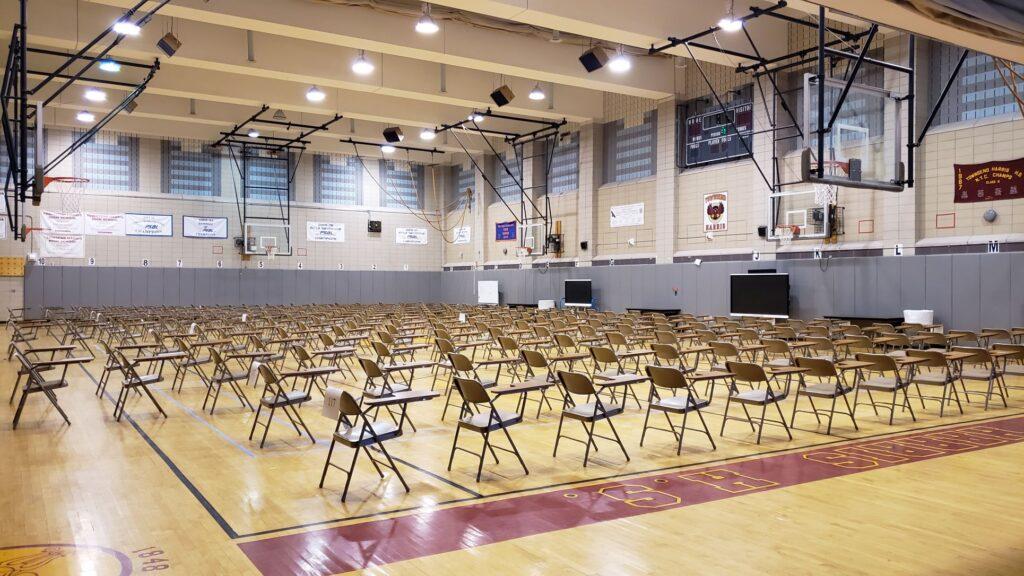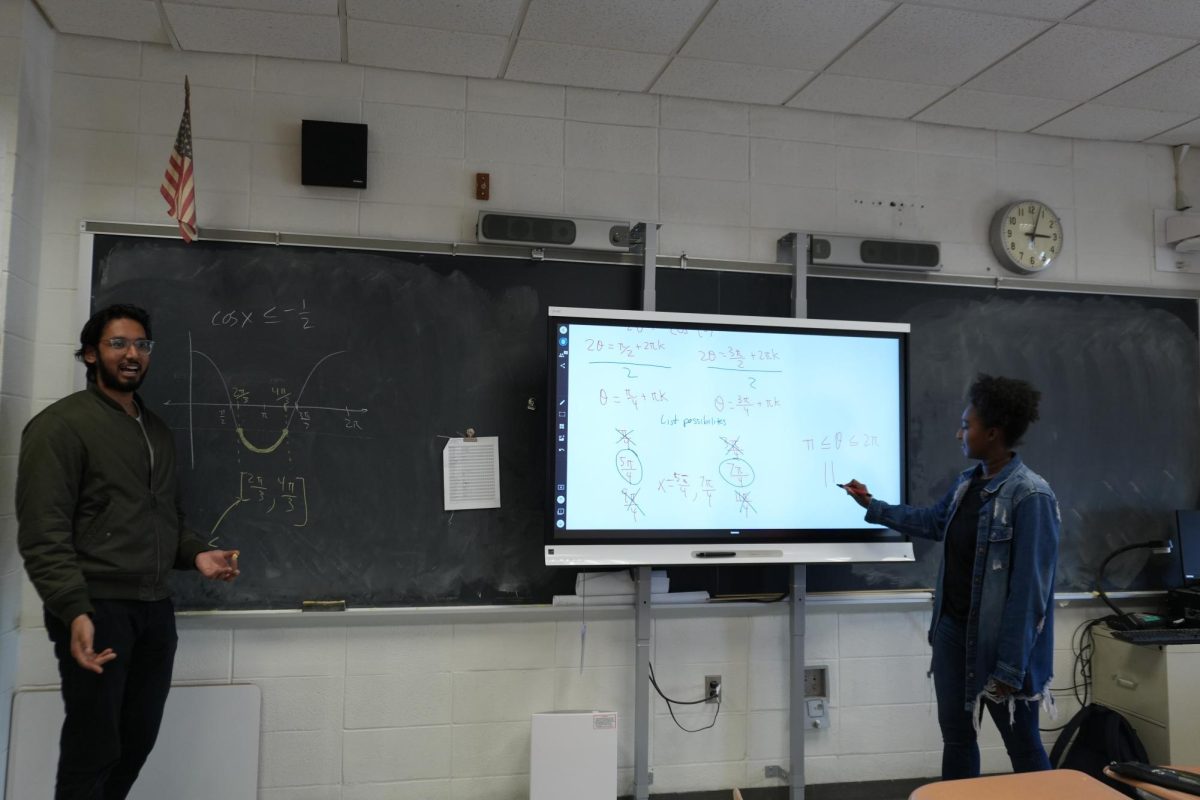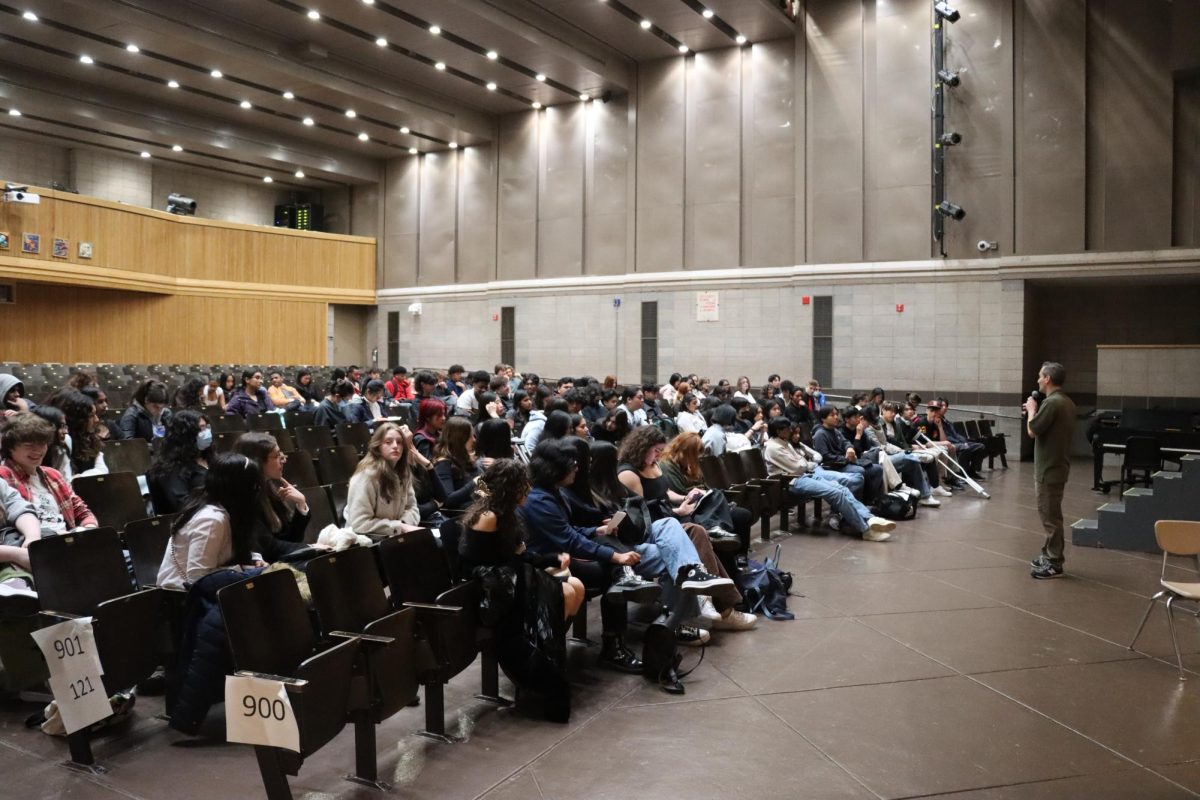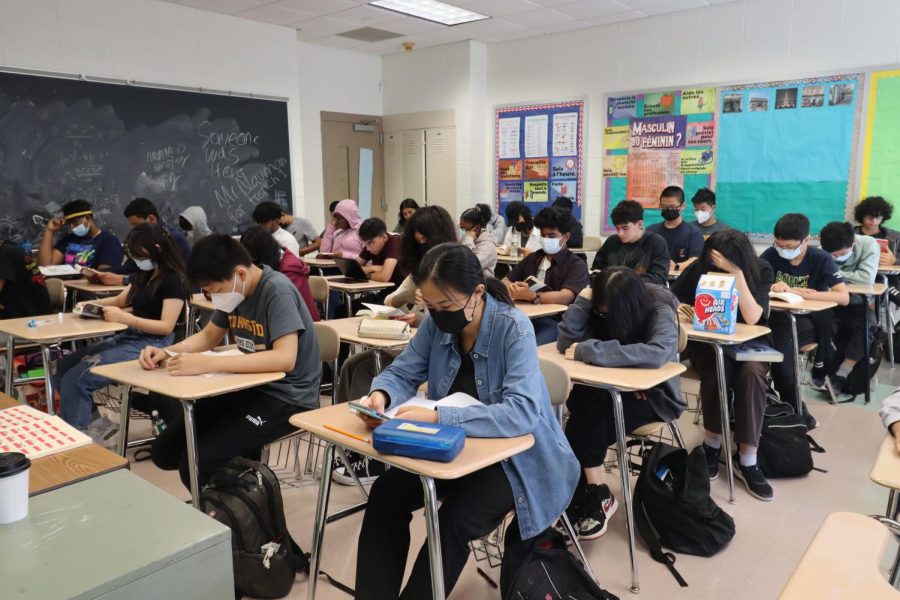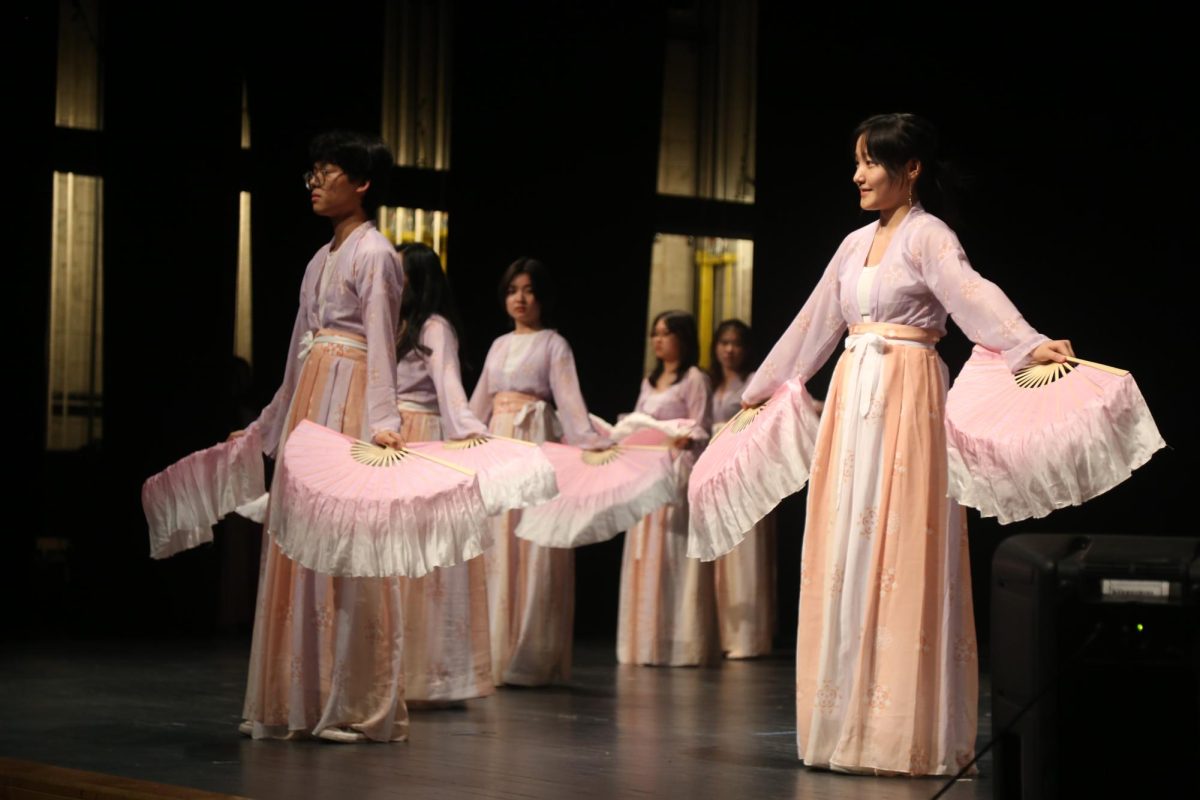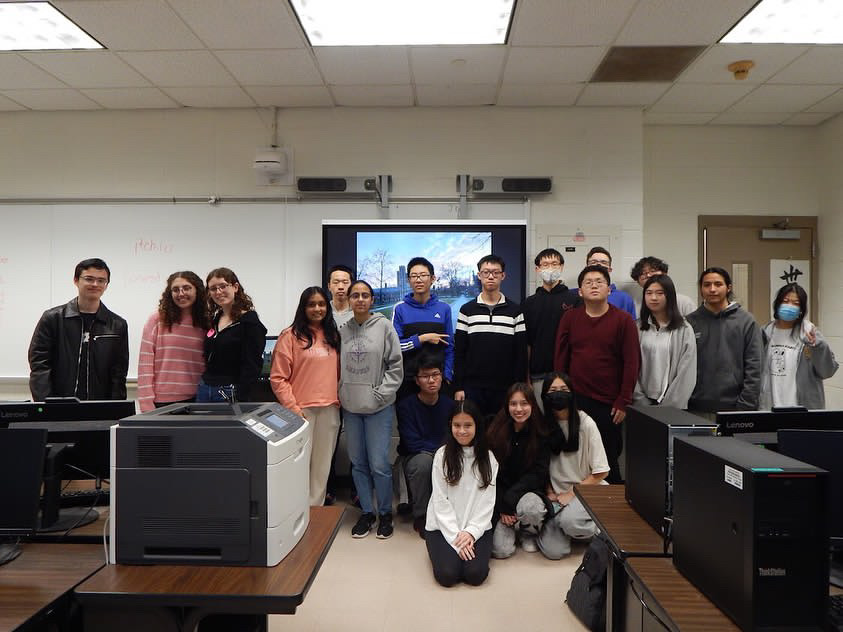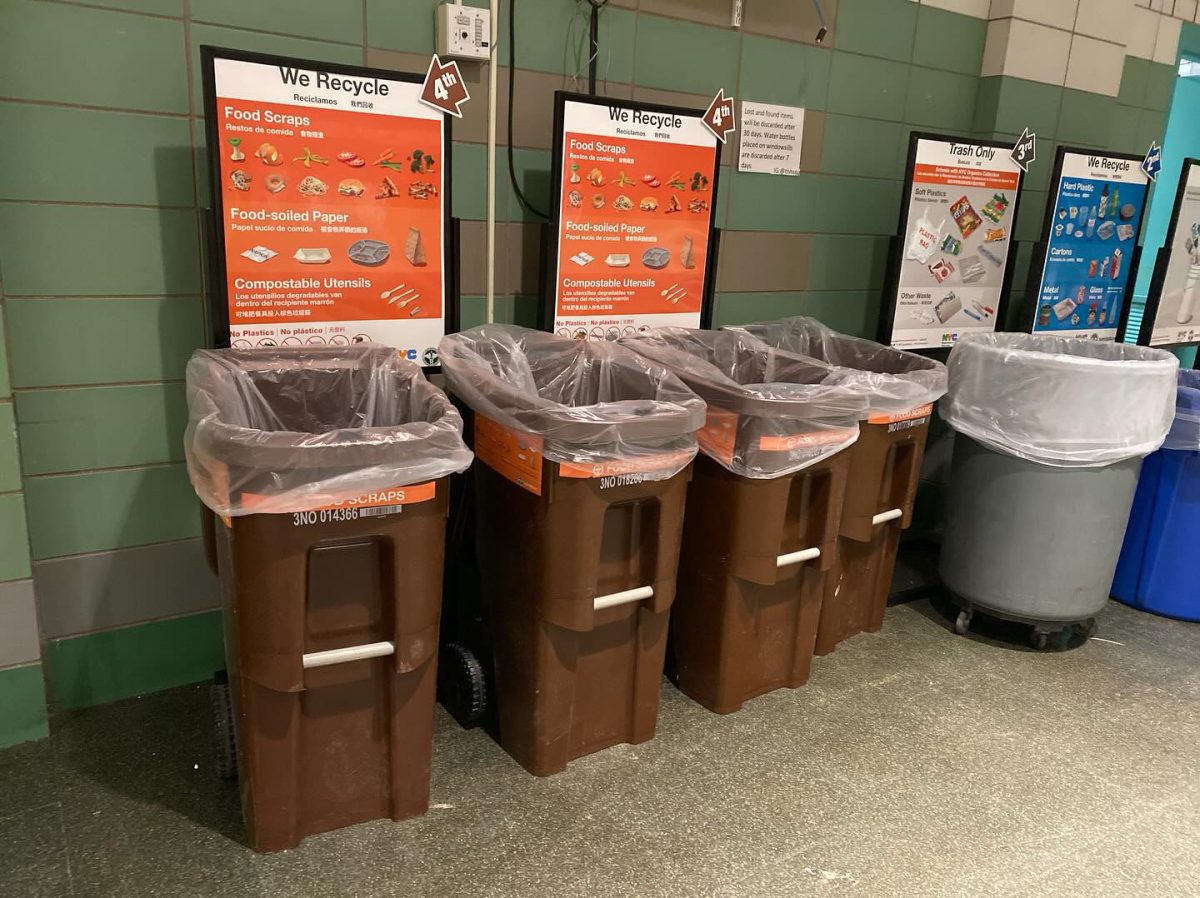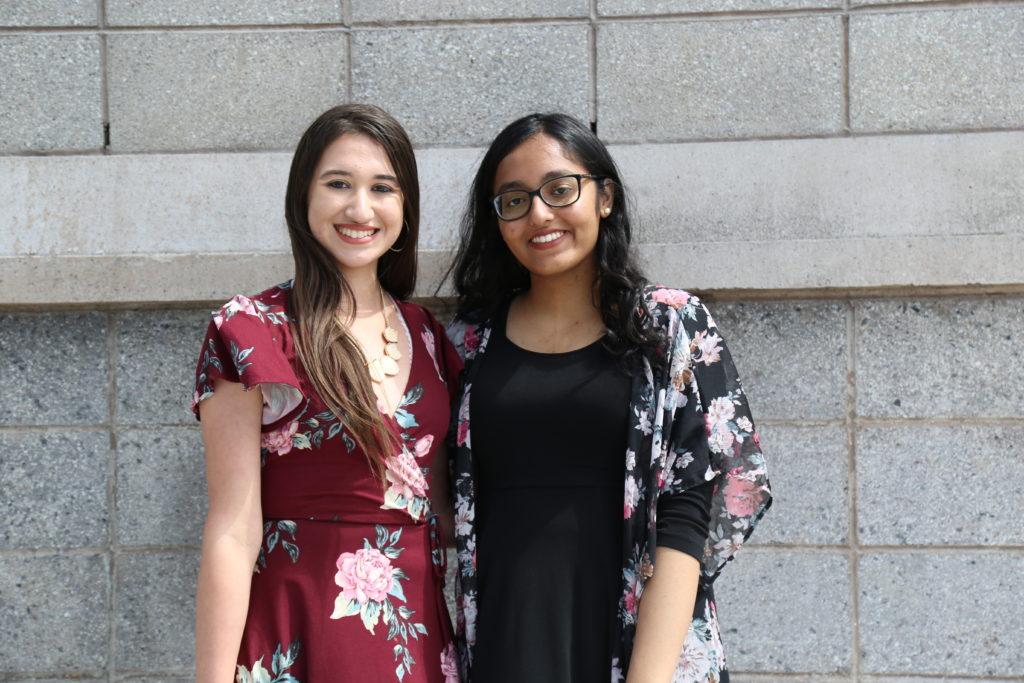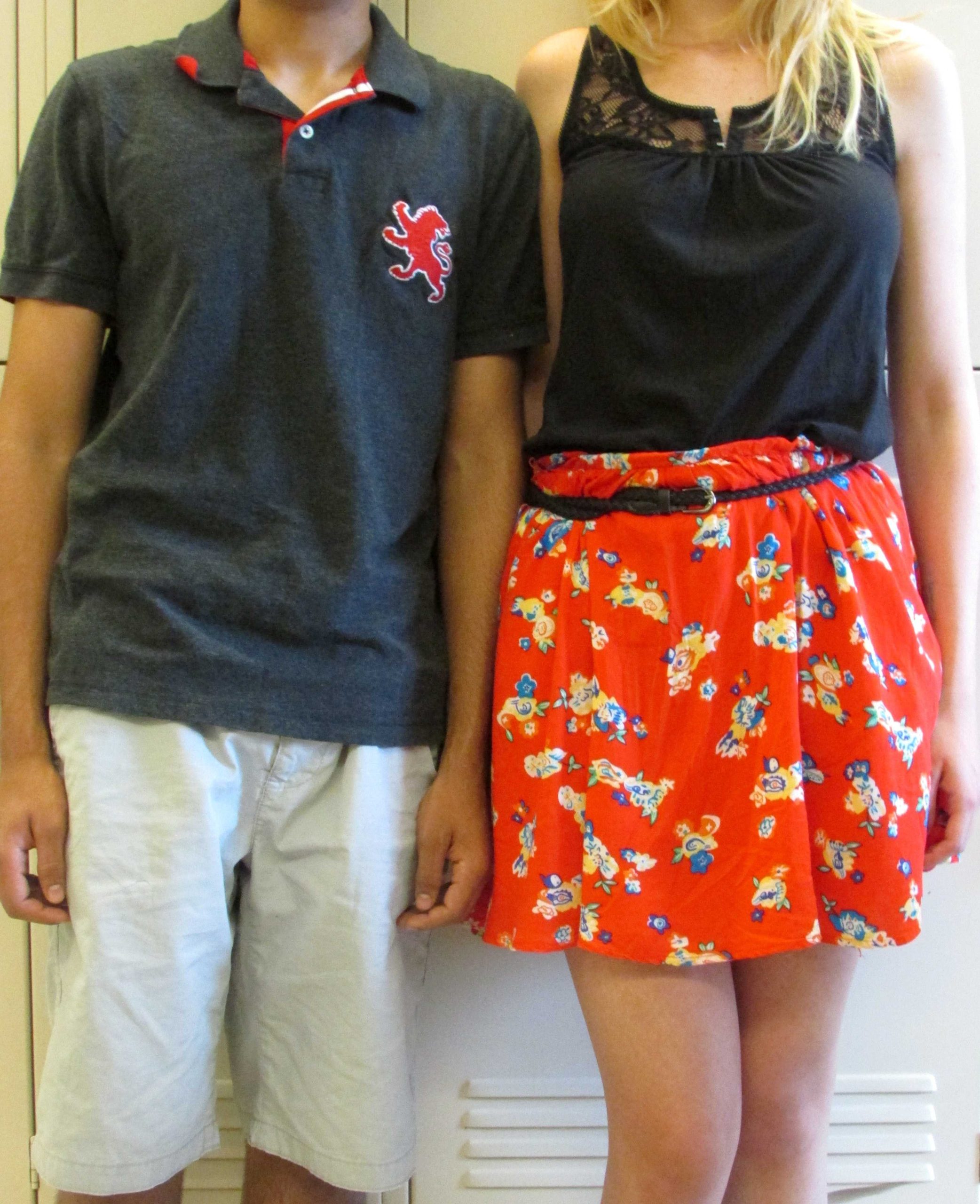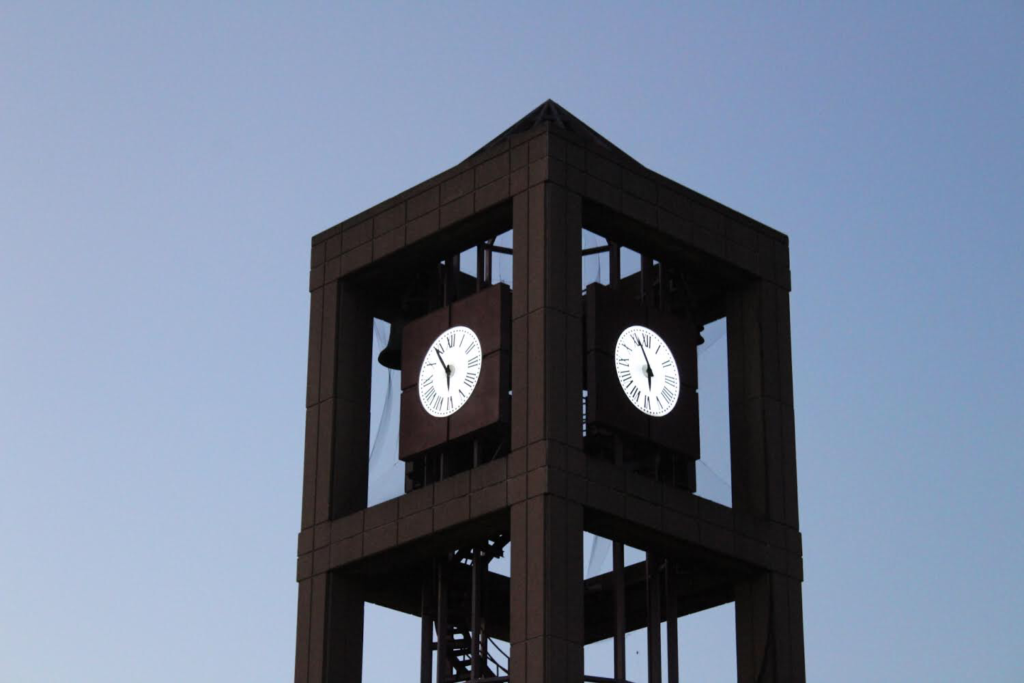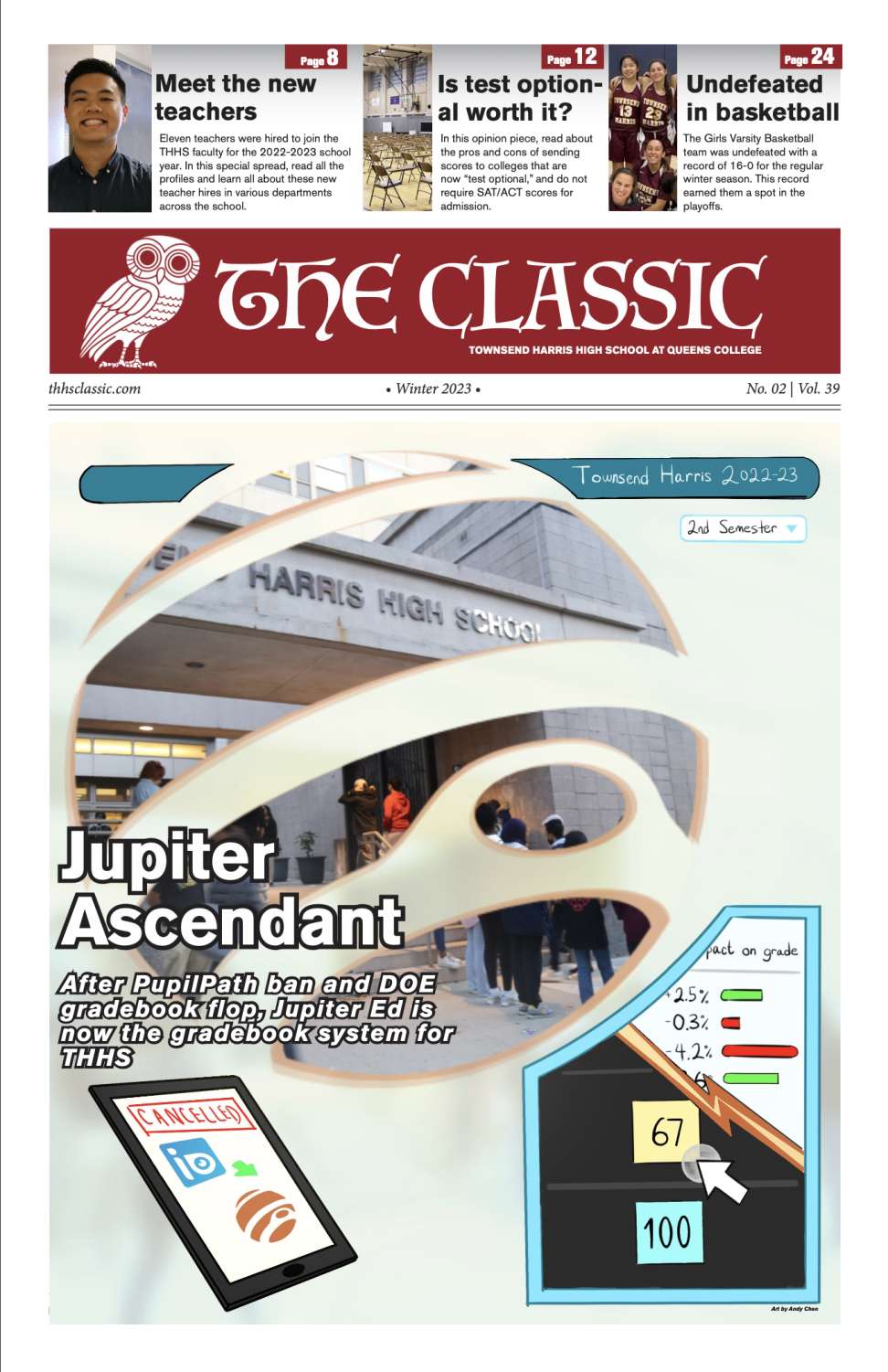
In December, Interim Acting Principal Rosemarie Jahoda was criticized for not communicating to the school community after a series of discriminatory acts targeted minority students at Townsend Harris High School. At a PTA meeting in December she said that “in retrospect [she] would have liked to send something to the community,” but at this week’s parent breakfast she was questioned about why she did not reach out to the school community following the controversial immigration order signed by President Donald Trump last week.
On Tuesday, the New York City Department of Education made headlines for sending home a letter from Chancellor Carmen Fariña and Nisha Agarwal, a commissioner from the Mayor’s Office of Immigrant Affairs. The letter, which offered information for concerned families, declared, “Whether you or your family arrived 100 years or 100 days ago—you are New Yorkers—and we stand with you.” At THHS, Assistant Principal Veronica York sent an email to the school community stating that “the Townsend Harris Community is here for you” and offered counseling if students are “feeling emotional and want to discuss the situation.”
Chancellor Fariña described her reason for sending the letter to ABC 7 News, saying, “It became very clear to me that as much as we could reassure people, unless it was in writing, that it really wasn’t going to have the importance of ‘we’re standing behind you.’”
At the principal’s breakfast for parents on February 1, Parent Teacher Association (PTA) President Susan Karlic questioned Ms. Jahoda about why she hadn’t joined others in sending a written communication to the school community. Ms. Karlic said, “I know Ms. York sent out an email to the students too… [but] I’m saying that maybe there should [have been] something from yourself as opposed to Ms. York.”
In response, Ms. Jahoda said, “I think that the Chancellor handled it with this letter. I’m not going to trump the Chancellor. Ms. York was supposed to send out a message to the students that counselors were available throughout the school day and that they were planning group meetings during lunch bands.”
Ms. Jahoda did not review or contribute to the wording of the email before Ms. York sent it out.
With Ms. Jahoda unwilling to send a personal note about the situation, Ms. Karlic went on to ask for Ms. Jahoda to send an email with the Chancellor’s letter attached, but Ms. Jahoda hesitated, saying, “It is not evident that I am allowed to [email it]…That was not communicated.”
After the breakfast, Ms. Jahoda sent the following email to parents: “A letter from Chancellor Carmen Fariña and Commissioner Nisha Agarwal expressing support of all NYC students and a list of frequently asked questions were distributed to your children in Official Class on Monday, January 30. If you have any questions or concerns, please feel free to contact Dafne Manhart, Parent Coordinator, or me.”
English teacher Judy Biener had called for the administration to provide some response to the executive order at a faculty meeting the day before students returned to classes for the second semester. She said, “I thought we needed to make [students] feel safe and educate them about this news before we could expect them to focus on schoolwork.”
She was not, however, satisfied with the administration’s response, saying, “I do feel the principal herself should have communicated to families. A school looks to its principal to set its tone and priorities. The failure of the principal to lead the way regarding the Executive Order suggests that she did not see it as a serious, frightening issue that would impact our students. But it is serious and frightening. It does impact our students and their families. I also think an announcement should have been made Tuesday morning.”
Furthermore, Ms. Biener described the administration as “caught off guard” by the Chancellor’s letter. Though it was released on Monday, the administration was rushing to provide copies to official classes the next morning, and not every class ended up with a set. Few parents at the PTA breakfast raised their hands when asked if they received a copy from their children.
After hesitating to provide an electronic copy of the letter at the parent breakfast, Ms. Jahoda said, “I was instructed to backpack [provide students with printed copy to send home] it. I am giving out hard copies, which is what the principals were instructed to do. If this was something that they [the DOE] wanted sent out electronically, they could have made it available on the district website…and maybe they have, I don’t know. As far as I know, it is not available electronically.” However, DOE press secretary Will Mantell provided us with a public link to the letter online, with translations in Spanish, Chinese, Bengali, Russian, Arabic, Urdu, Haitian Creole, Korean, and French. Several DOE schools have posted the letter on their websites; Townsend Harris students received only copies in English during the school day.
For some in the school community, Ms. Jahoda’s explanation is similar to an earlier event from November and December, where following a discriminatory incident at a Muslim Student Association bake sale, Ms. Jahoda was asked to send a written communication to the school community offering students support, but ultimately did not. When questioned on why she did not send the communication, Ms. Jahoda claimed that the DOE legal office did not approve of it. She said at the December PTA meeting, “There is so much that I can do. I was a brand new principal. I looked to someone for advice, and it was recommended that I don’t send it. It would have been better just to send it out and then deal with whatever the response is because it did hurt students that I didn’t send it out.”
Students involved in that incident are now questioning why Ms. Jahoda was not permitted by the DOE to send out a written communication after the discriminatory events given the DOE’s willingness to send out a letter about the recent executive order.
Co-president of the MSA Sangida Akter was one of the students who directly asked Ms. Jahoda for the communication back in November. Of that incident, Sangida said, “The silence was loud and clear and this message of ‘we simply think there is no concern’ hurt deeper than I anticipated.”
Last weekend, following Mr. Trump’s executive order, Sangida described herself in an “emotional mess” and found Ms. York’s email to be what she needed: “I truly soaked in every word and felt reassured that my school was going to be a haven away from all these concerns.”
She did, however, feel that the principal once again did not address the needs of those who are hurting in the community, saying, “As comforting as Ms. York’s e-mail was, I did notice that there was no e-mail from the interim acting principal once again, even though she had publicly reassured us that she made a mistake by staying silent and in the future she would act differently.”
Tahiya Choudhury, the other president of the MSA, similarly said, “At this point, I think it’s too late for Ms. Jahoda to send an email because she made her stances on the matter of sending out emails very clear when she remained silent after the election.”
Class of 2016 alumnus Billal Almarie was personally affected by the executive order. With a family hailing from Yemen, Billal’s family was directly impacted by the orders as his aunt’s visa interview, which she had been waiting for two years for, was halted. Billal explained that this separated his aunt’s family, with her child and husband living in the United States.
Billal said, “I think the principal not sending an email is a message to the students that she doesn’t care about their backgrounds, well being, and issues. I’m actually disgusted to hear she didn’t send an email.”
Sangida said, “Quite frankly, [Ms. Jahoda’s] second silence does not surprise me as much as it should because she is not a woman of integrity and impeccable character.”
At a Town Hall on Friday held in response to the Executive Order and hosted by the MSA, Seekers, the Gender Sexuality Alliance club (GSA), The Phoenix, the Desi Hindu Club, and the Jewish Student Association, senior Erela Datuowei also felt that Ms. Jahoda should have followed up given the November incident. She said, “It is your job as a principal to reassure your students that regardless, you will be there to support them….The fact that she didn’t say anything [in November and now] creates a trend. It makes her seem very not just hypocritical, but empty. She’s not fit for the job.”
Some students, however, were not particularly impacted by Ms. York’s email or the lack of communication from Ms. Jahoda. Senior Georja Fotiou said, “Honestly I didn’t read it [the email]. I’m pro-Trump. I don’t really care about those emails.”
Senior Rifat Ahmed similarly said, “I don’t care about any emails.”
However, Billal felt, “An email is both necessary and comforting. It shows that there are people who stand with you. I was actually confused on what I was supposed to do in my situation, but I had teachers reach out to me and [tell] me what initiatives I should take.”
Ms. Jahoda was unavailable for comment.


